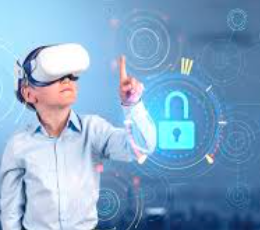Flashcards are a classic and effective study tool, but using them the right way can make all the difference. If you’re looking to boost your learning power with flashcards, a few intentional habits can take your study sessions to the next level. Here’s how to make your flashcard use more effective—and enjoyable!
1. Make Your Own Flashcards
Creating flashcards yourself helps reinforce the material before you even start reviewing. Whether digital or handwritten, try using your own words and keep each card focused on one concept.
2. Use Active Recall
Instead of flipping the card over too quickly, take a moment to really think about your answer. This technique, called active recall, strengthens memory by encouraging your brain to retrieve information on its own.
3. Space Out Your Practice
Cramming all at once isn’t the best move. Try spacing out your flashcard sessions over several days or weeks. This habit, known as spaced repetition, helps store knowledge in long-term memory.
4. Mix Subjects Strategically
It may seem easier to study one topic at a time, but mixing different subjects or themes (also called interleaving) can actually improve learning. Try shuffling flashcards from different chapters to encourage flexible thinking.
5. Use Visual Cues and Color
If you’re a visual learner, enhance your flashcards with colors, diagrams, or symbols. These cues can make facts easier to remember and keep your study sessions more engaging.
6. Quiz Yourself Out Loud
Speaking your answers aloud helps you process information in multiple ways. It also builds confidence and makes your study time feel more interactive.
7. Track Your Progress
Separate flashcards into “known” and “still learning” piles. This habit keeps your study time focused where it’s needed most and shows how far you’ve come.
8. Limit Each Session
Rather than going for hours, aim for shorter, focused study blocks. A 20–30 minute session with a clear goal (like mastering one chapter’s terms) is usually more effective than marathon cramming.
9. Pair Flashcards With Real-World Use
Once you feel confident, try using the knowledge in a real-world example or a casual conversation. Flashcards build the base, but real-life practice helps solidify your understanding.
10. Stay Consistent
Perhaps the most important habit of all is consistency. A little bit of flashcard review each day can have a big impact over time. Turn it into a daily routine—maybe while commuting or during a study break.
Final Thought:
Flashcards are more than just study aids—they’re flexible tools that fit your learning style and pace. With the right habits, they can help you understand, remember, and apply information better than ever.






